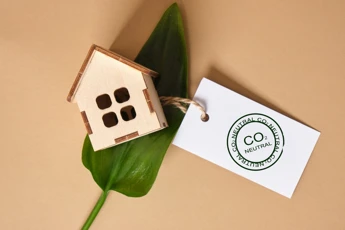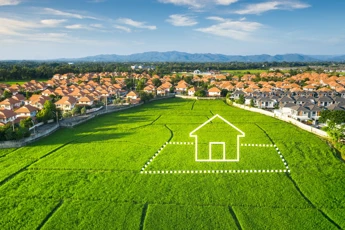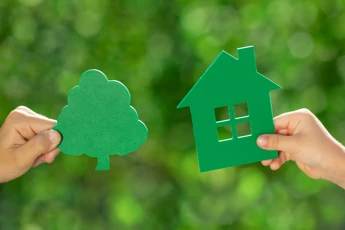Sustainability has never been so topical, and there’s a whole host of emotive words that fit snugly under this umbrella term. But do we really understand the meaning of each, where they fit in the bigger picture and – perhaps most importantly – the consequences if not taken seriously?
Our words guide our actions and, as the saying goes, our actions speak louder than words, so let’s demystify the top 10 trending sustainability buzzwords.
1. Sustainability
Put simply, sustainability is “the quality of being able to continue over a period of time”, which can be easily applied to a whole host of different contexts. In relation to the environment, it highlights a responsibility to conserve natural resources and protect global ecosystems.
2. Energy efficient
Anything that helps to lower energy usage can be branded energy efficient. From wind turbines and solar panels to low energy light bulbs, every little helps.
3. Organic
More-often-than-not used to describe food products, the word ‘organic’ alludes to the absence of unnatural, man-made products such as chemically formulated fertilisers in the farming industry.
4. Biodegradable
If an item can be decomposed by bacteria, it is biodegradable. So, it’s a big green tick for plant-based products such as wood and paper, but your child’s favourite plastic toy? Absolutely not!
5. Compostable
Compostable items can be broken down into non-toxic components that won’t harm the planet. If you’ve had eggs for lunch, keep the shells and use them in your garden – it’ll do wonders for your veggie patch.
6. Recyclable
Was the painting on your wall a magazine in a past life? It’s completely possible. When it comes to recycling, anything that can be reused or broken down and made into a new product fits the bill.
7. Greenwashing
Like ‘fake news’, greenwashing refers to an individual or company that falsely promotes a product and/or service as ‘green’. It’s unethical, but not unheard of, so make sure you do your research if you’re looking to invest in truly green initiatives.
8. Carbon footprint
Your carbon footprint refers to the volume of greenhouse gases – including carbon dioxide – that are generated by our day-to-day actions. The average carbon footprint (per person, per year) in the UK is 10 tonnes, and you can calculate yours here.
9. Carbon neutral
Does your company promote itself as carbon neutral? If so, then your boss has probably balanced out any carbon emissions caused by the business by investing in an equal amount of carbon savings elsewhere.
10. Climate change
The climate can be defined as a long-term weather pattern and we all know what change means. Our lifestyle choices have a direct impact on climate change and, as a result, we experience extreme weather for extended periods of time.
It’s fair to say that sustainability initiatives are inspiring global audiences and slowly becoming a benchmark for the whole of mankind.
And while these buzzwords might appear to be nothing more than that, increasing use signifies the start of a more conscious and planet-aware future.
Important information
Your home may be repossessed if you do not keep up repayments on your mortgage.
There may be a fee for mortgage advice. The actual amount you pay will depend on your circumstances. The fee is up to 1% but a typical fee is 0.3% of the amount borrowed.




